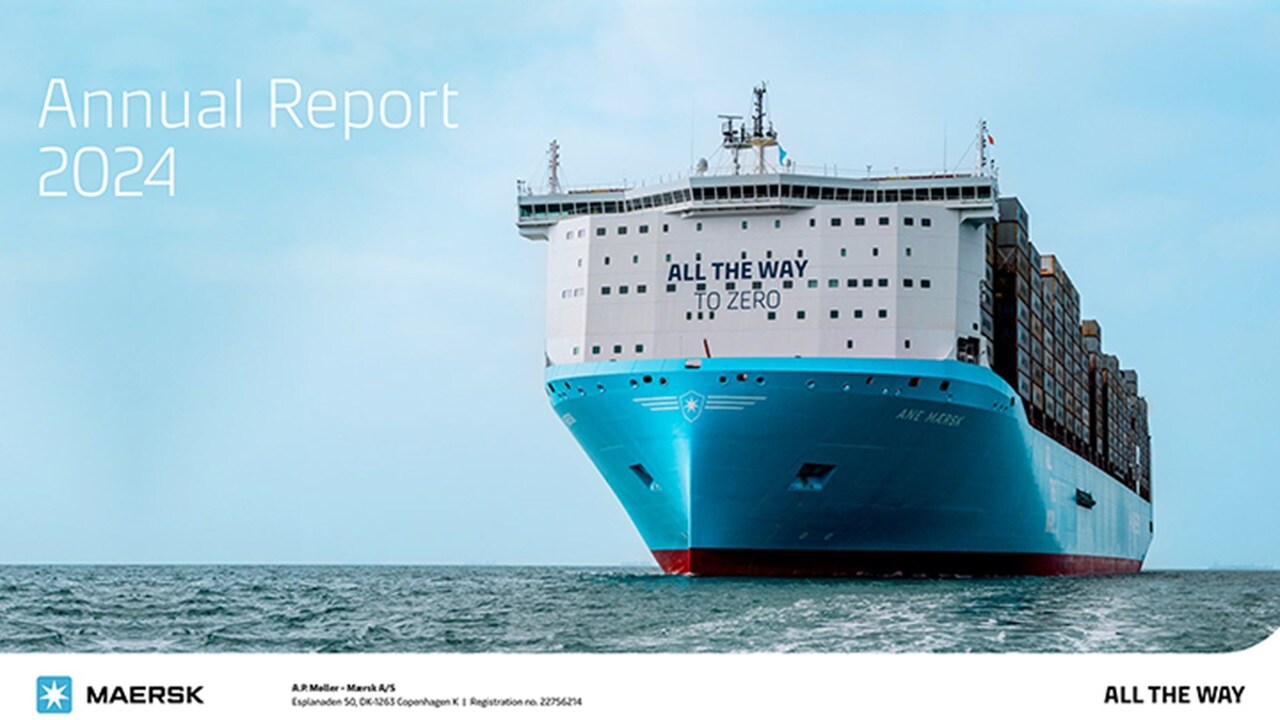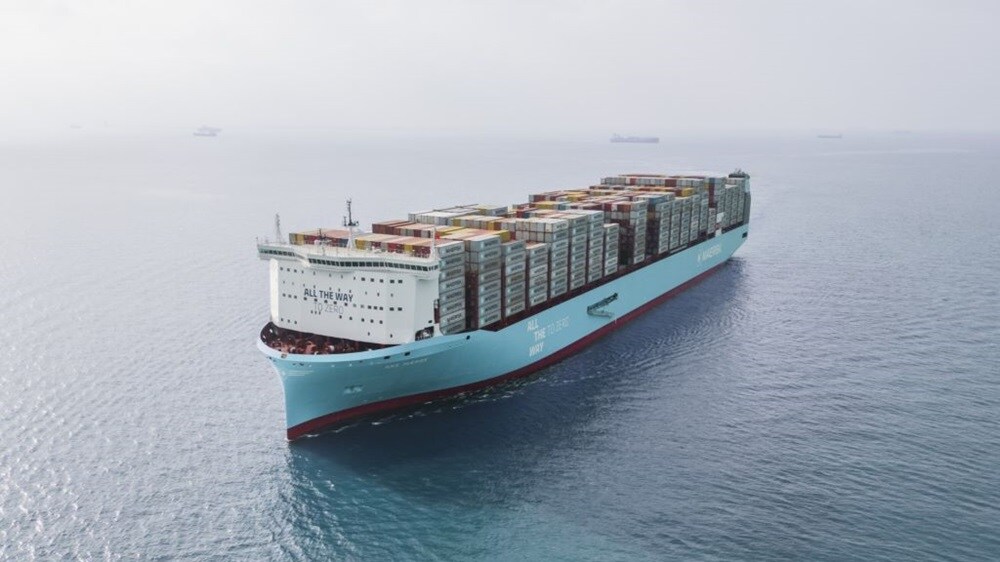
Decarbonising our Ocean business
Most of Maersk’s greenhouse gas emissions derive from fossil fuel-powered ocean transport services. Focusing our decarbonisation investments to drive the transition to green energy solutions is central to our decarbonisation strategy.
Why green fuels matter
For more than a century, shipping has relied on just one type of fuel: oil.
Today, we see the emergence of a patchwork of new lower emission marine fuel alternatives. While many are promising, adoption will ultimately depend on advances in fleet technology and the capacity to secure green* fuels at a scale and cost that makes them competitive against fossil fuels.
To ensure a measurable impact in this crucial decade, we are spreading our investments across several fuel pathways that can make a difference both now and in the future.
Our ambition
We will take leadership in decarbonising global supply chains.
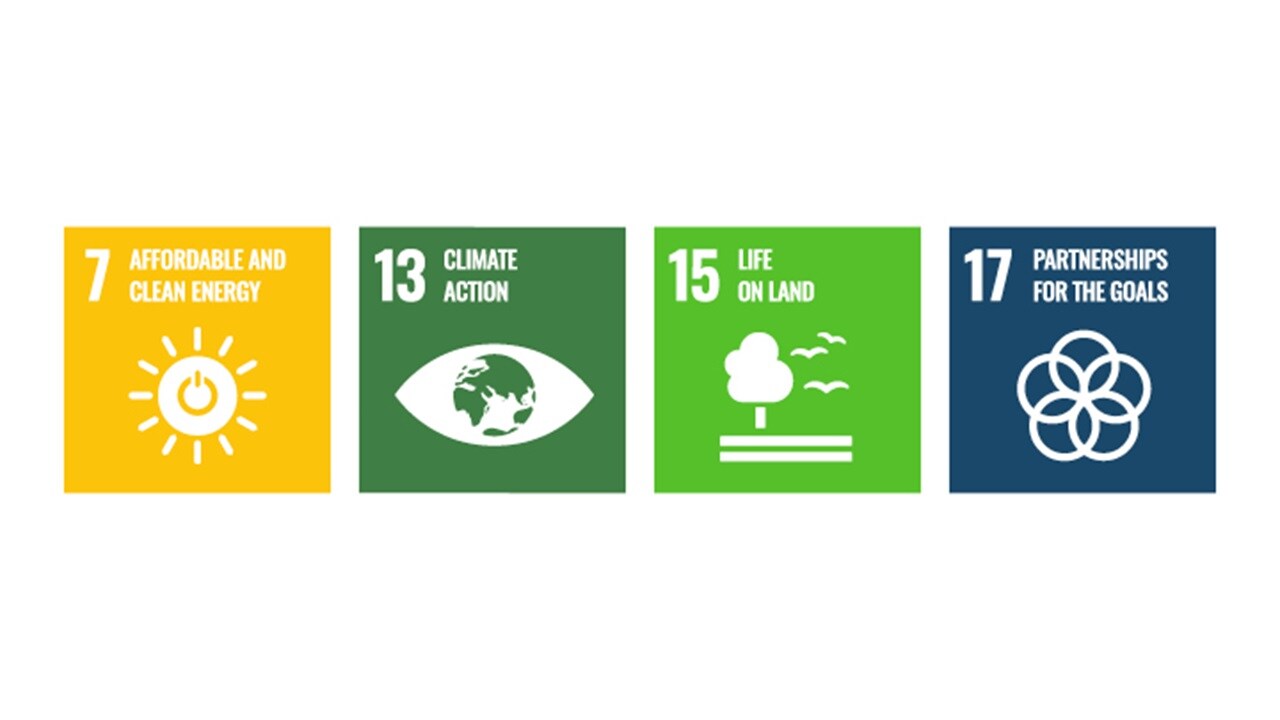
Highlights in 2024
Priorities and actions
These requirements are governed by three pillars: certification, lifecycle GHG savings, and acceptable feedstocks. New green fuels are assessed on a lifecycle analysis basis and in addition to climate change, we consider a broad range of environmental indicators such as biodiversity, ecosystems, resources and materials depletion, human health and ecotoxicity, air and water quality.
Our requirements for current and possible future green fuels for ocean shipping are outlined in three policies:
Maersk green fuel requirements
Maersk biofuel sustainability requirements
Maersk methanol sustainability requirements
*Green fuels refers to fuels with low to very low greenhouse (GHG) gas emissions over their lifecycle compared to fossil reference fuels. Different green fuels achieve different lifecycle reductions depending on their production pathway. ‘Low’ refers to fuels with a lifecycle GHG reduction of 60-80% compared to fossil fuels and ‘very low’ refers to fuels with a lifecycle GHG reduction of 80-95% compared to fossil fuels.
All the way to zero
In 2024, we welcomed seven new large, dual fuel vessels capable of running on green methanol. Learn more about our new fleet and our ambition to achieve net zero by 2040, in line with our Science Based Target initiative’s validated targets – the first in the shipping industry. Discover the innovation, strategy and partnerships that resulted in the first major landmark to decarbonising ocean container transportation. All the way to zero.
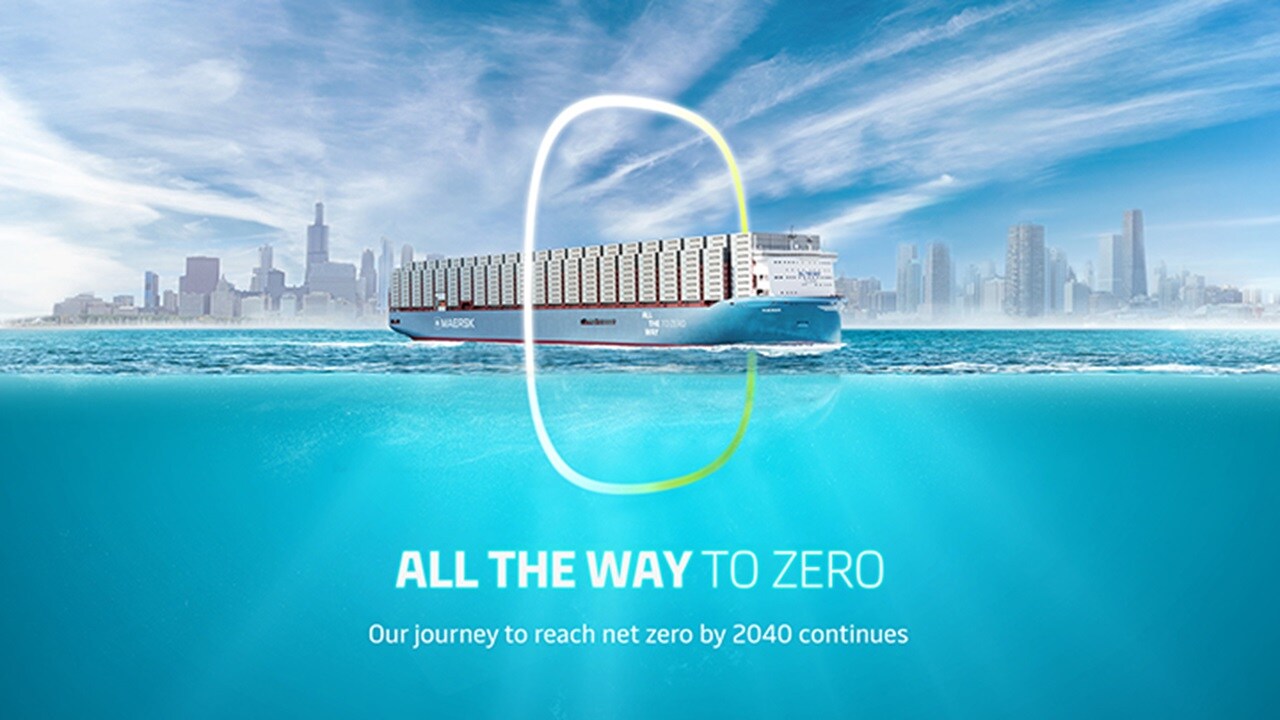
Featured highlights and case stories
The industry’s first retrofitted dual-fuel methanol container vessel
In 2024, we took delivery of the Maersk Halifax, a vessel retrofitted by MAN Energy Solutions to operate on methanol. Following the completion of the sea-trials from the Zhoushan Xinya Shipyard in China, Maersk Halifax returned to operations and is now servicing customers on the Trans-Pacific trade.
In addition to replacing machine parts for the engine to operate on methanol, the retrofit involved adding new fuel tanks, a fuel preparation room and fuel supply system, with the hull expanded to accommodate the new fuel tanks. With this change, the length of the ship was extended by 15 meters to 368 meters, increasing the capacity from around 15,000 to 15,690 TEU.
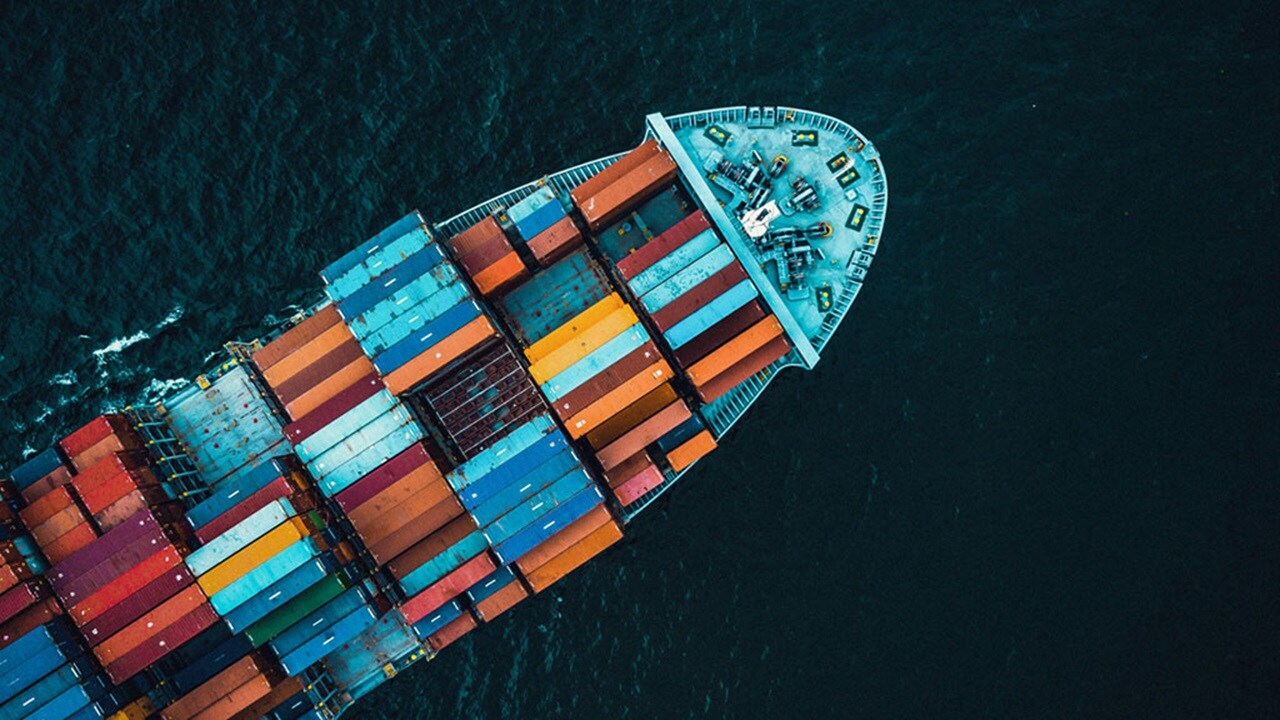
Maersk ECO Delivery: accelerate your net zero commitments
We are working closely with a broad range of customers to expand our low emissions offerings. Maersk ECO Delivery substitutes fossil fuels with low-GHG alternatives and harnesses our new technologies and vessels to provide an easier option for customers seeking to ship their cargo more sustainably.
Maersk Emissions Dashboard
Whether you are looking for improved visibility over ocean freight greenhouse gas emissions data, or enhanced emissions reporting and optimisation across your logistics set up, the Maersk Emissions Dashboard is a single point solution for keeping your emissions targets in sight.

Annual Report 2024
